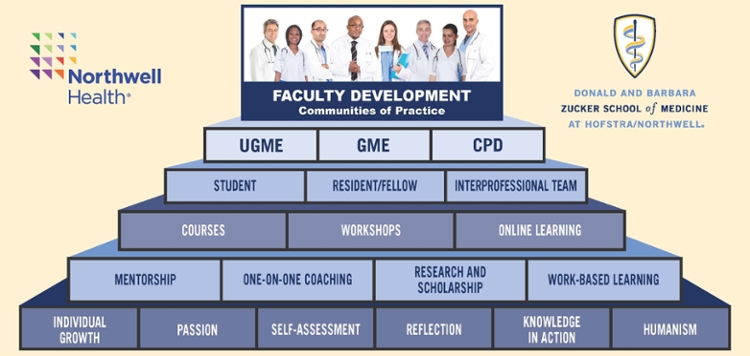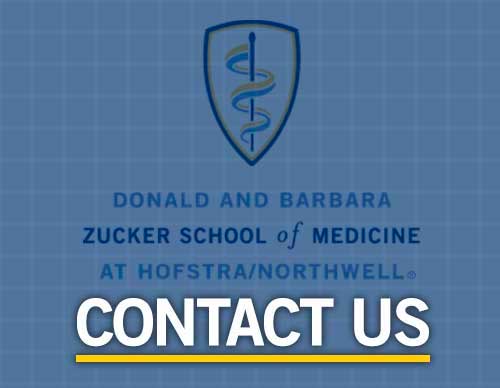Professional Development For Faculty
Advancing Your Education, Research & Scholarship
The skills and knowledge attained for both professional development and career advancement encompasses all types of facilitated learning opportunities, ranging from higher education degrees including formal coursework, conferences and informal learning opportunities situated in practice. There are a variety of approaches to professional development. These include consultation, coaching, communities of practice, independent study, mentoring and technical assistance to add skills which support an individual's professional goals.
- 12 Roles of the Medical Teacher
- Communities of Practice
- Concepts as Online Resources for Accelerated Learning (CORAL)
- Creating a Virtual Medical Education Journal Club for Your Colleagues
- Curriculum and Assessment Overview
- Faculty Mentoring Toolkit
- Faculty Webinars
- FAIMER: Masters/Certificates in Health Professions Education
- Group on Educational Affairs Resources for Medical Education
- MAP-IT
- MedEd Libguide
- Medical Education Journal Club Webinars
- Medical Education Resources for SOM Faculty
- MSEd in Health Professions Education
- PowerPoint Presentation Tips
- Preparation of a Professional Abstract
- Preparation of a Professional Poster
- Preparing Faculty to be Humanistic Mentors
- The Current Landscape of Faculty Development: Challenges and Opportunities
- The Good Teacher is More Than a Lecturer
- Tip Sheet for Poster Presentations
- MAP-IT
MAP-IT

The Mentoring and Professionalism in Training (MAP-IT) program at Northwell Health is designed to bring together an interprofessional healthcare team to address the importance of highlighting humanism as a core skill for health care professionals, especially in their teaching and mentoring roles with all levels of students, trainees and early-career colleagues. The three underpinnings of the MAP-IT program are humanistic role-modeling and mentoring, reflective practice, and listening. The program aims to shift conversations away from the more traditional problem-focused discussions. Appreciative Inquiry, as a framework, is applied to all sessions to create a positive culture for all small group discussions that include critical reflection and sharing of individual experiences. See more.


